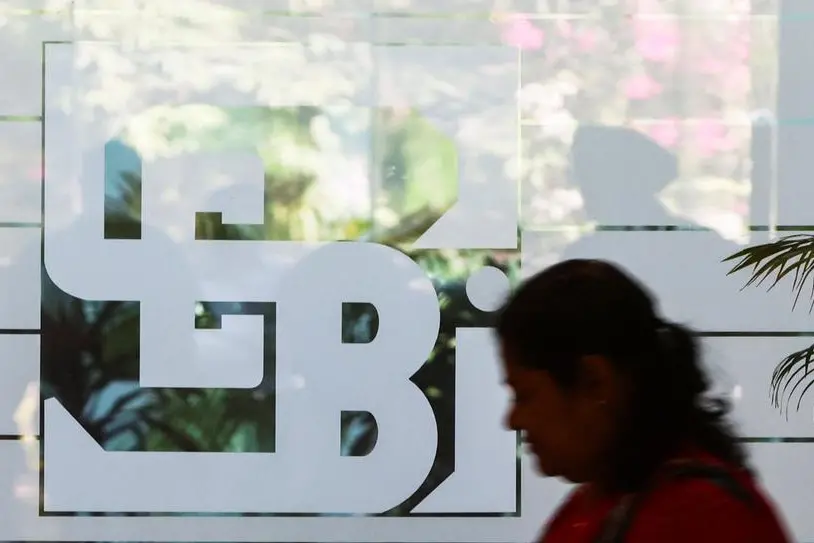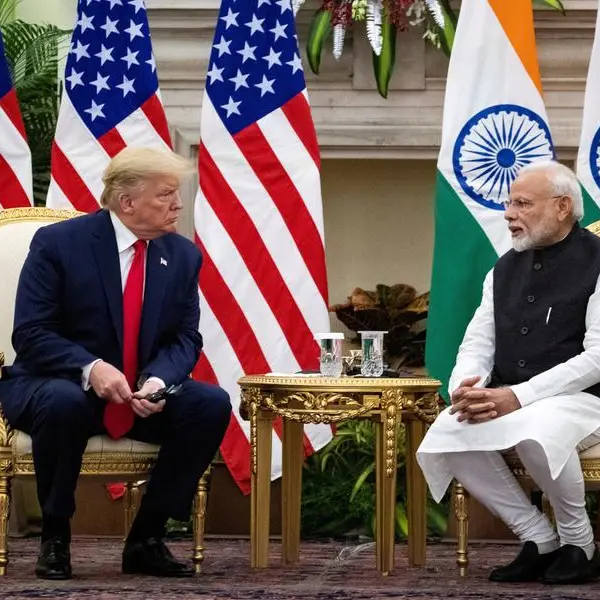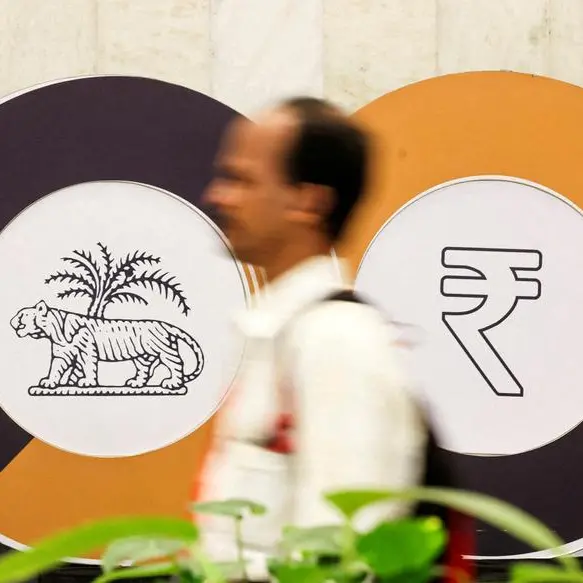PHOTO
India's plan to allow the settlement of equity market trades within the same day is facing pushback from offshore investors who fear it will lead to a fragmented system and add to the cost of trading, said two people with direct knowledge of the matter.
The concerns were raised in a meeting earlier this month, the people told Reuters, and have not been previously reported.
India transitioned to T+1 settlement, where trades are settled within a day, in January. The Securities and Exchange Board of India (SEBI) now plans to allow instant settlement by October next year as an option running alongside T+1 settlement.
"Having two different settlement cycles risk fragmenting the liquidity of the market and may also increase systemic risk due to more failed trades," said Eugenie Shen, managing director at Asia Securities Industry and Financial Markets Association (ASIFMA), a lobbyist for offshore investors.
SEBI believes instant settlement will benefit Indian retail investors and is working to reduce fragmentation risk, said one of the sources, who are familiar with the regulator's thinking.
SEBI is working with exchanges and clearing houses to ensure enough trades on both settlement systems, and market arbitrators will correct any inconsistency in liquidity, the person said.
The second person said the regulator expects same-day settlement to reduce margin requirements and default risk.
SEBI will only formalise and implement optional instant settlement after extensive market consultation, the person said.
The people declined to be identified as they were not authorised to speak publicly on the matter. SEBI did not respond to Reuters' emailed request for comment.
ASIFMA's Shen said foreign investors will eventually have to opt for same-day settlement if a large share of retail volume does so.
"With same-day settlement, foreign investors will need to pre-fund all transactions which is more costly, exposes them to foreign exchange risk and increases the tracking error of funds," Shen said.
To transact and settle a trade within the same day, a foreign investor would need to convert funds into Indian rupees a day prior to the trade. In T+1 and T+2, rupees can be obtained on the day of settlement.
Foreign investors have raised similar concern about same-day settlement in Vietnam, which is working to address any issues.
Domestic investors in India have also raised concerns about the regulator's plans.
"Many traders do intra-day trades, so instant settlement would reduce the opportunity for squaring-off trades," said Kamlesh Shah, a broker and former head of the Association of National Exchange Members of India.
"An additional option for instant settlement would not just fragment liquidity but also affect price discovery," said Shah. (Reporting by Jayshree P Upadhyay; Editing by Christopher Cushing)





















